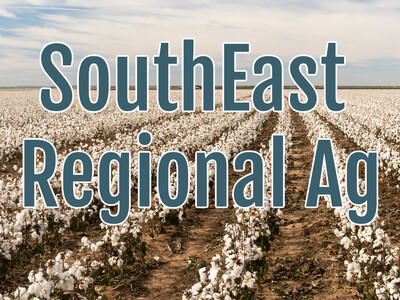Frigid Temps Hit Wheat Belt and Millennials Buy Less Grain, Meat
From the Ag Information Network, I'm Bob Larson with your Agribusiness Update.**A wide swath of the U.S. wheat belt is facing below 0 temps, damaging crops without a protective layer of snow. Temps have been 15 to 25 degrees below normal.
March futures tracking both hard and soft red winter wheat climbed to the highest since early December in Chicago.
FCStone risk management consultant, Mike O'Dea tells agweb.com the full extent of the grain damage won't be known until the crop begins to grow in the spring.
https://www.agweb.com/article/us-cold-blast-threatens-winter-wheat-cattle-blmg/
**With or without a NAFTA renegotiation, U.S. Dairy says it will not let up on demands Canada tear down its dairy supply management system including the controversial Class 7 pricing mechanism they claim distorts international markets.
Ideally, Canada would dismantle it as part of the NAFTA renegotiations, otherwise, as one U.S. government official told Agri-Pulse, the U.S. is "actively considering" filing a complaint with the World Trade Organization.
U.S. negotiators are hoping to get an agreement wrapped up by March as opposed to a long, drawn-out WTO battle.
https://www.agri-pulse.com/articles/10408-us-wont-back-down-from-canada-dairy-fight-with-or-without-nafta
**Millennials, those born between 1981 and 1996, spend the smallest share of their food budgets on grains, white meat and read meat.
USDA economists also found that as they have more money to spend, millennials appear to have a stronger preference for fruits and vegetables than other older generations.
According to agrimarketing.com, the millennial generation's lower appetite for meat emphasizes the importance of export markets for the future of the U.S. livestock industry.
https://www.agrimarketing.com/s/114454














